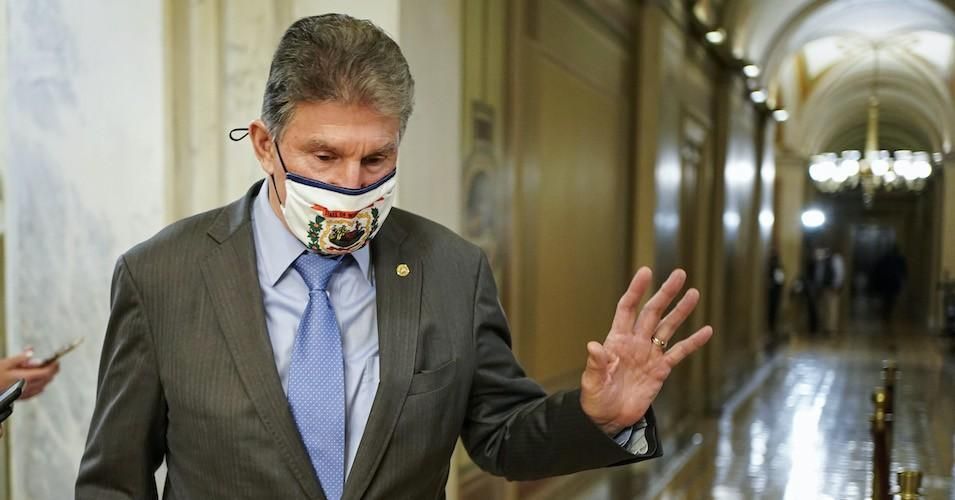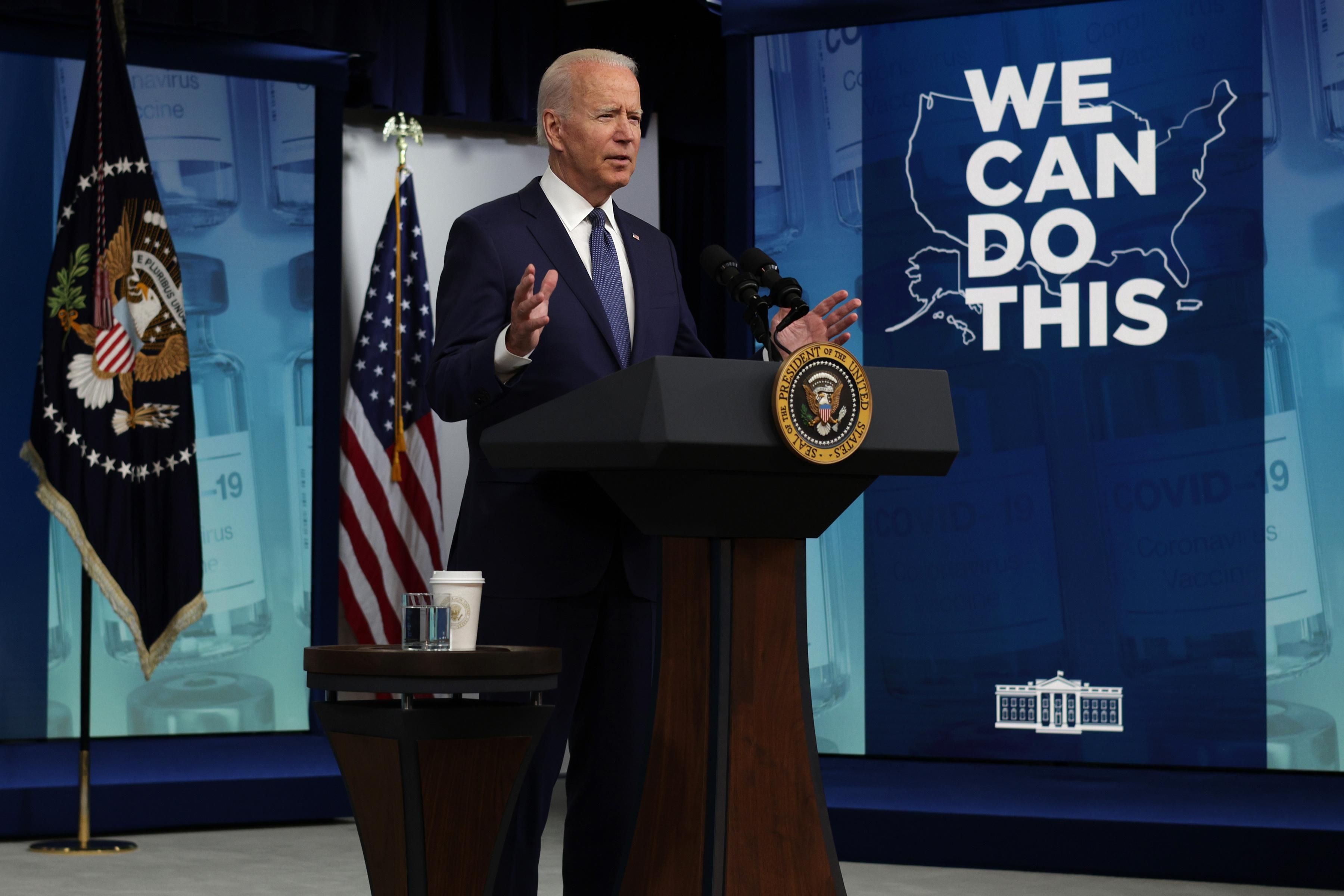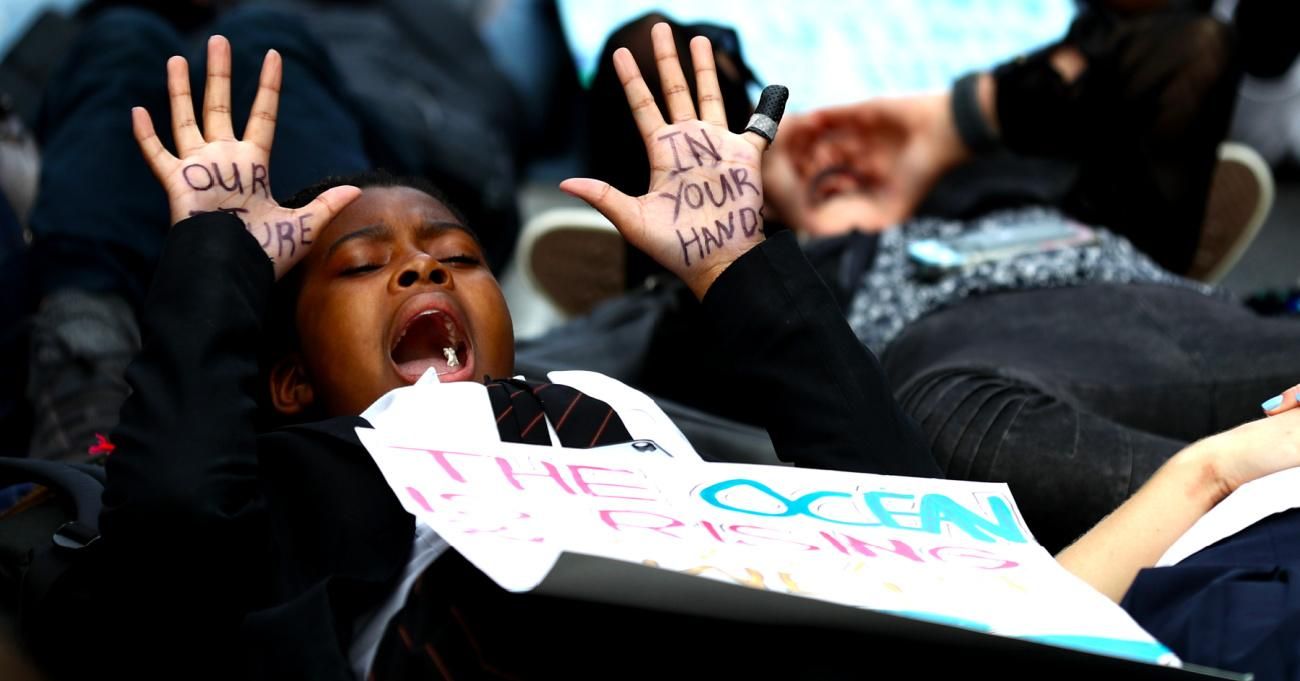Wars of unintended consequences.

US Army soldiers in the 1/501st of the 25th Infantry Division shield their eyes from the powerful rotor wash of a Chinook cargo helicopter as they are picked up from a mission October 15, 2009 in Paktika Province, Afghanistan.
RAJAN MENON
Disagreements over how to assess the American exodus from Afghanistan have kept the pundits busy these last weeks, even though there wasn't much to say that hadn't been said before. For some of them, however, that was irrelevant. Having overseen or promoted the failed Afghan War themselves, all the while brandishing various "metrics" of success, they were engaged in transparent reputation-salvaging.
Not surprisingly, the entire spectacle has been tiresome and unproductive. Better to devote time and energy to distilling the Afghan war's larger lessons.
Here are four worth considering.
Lesson One: When You Make Policy, Give Serious Thought to Possible Unintended Consequences
The architects of American policy toward Afghanistan since the late 1970s bear responsibility for the disasters that occurred there because they couldn't, or wouldn't, look beyond their noses. As a result, their policies backfired with drastic consequences. Some historical scene-setting is required to understand just why and how.
Let's start in another country and another time. Consider the December 1979 decision of the leadership of the Soviet Union to send in the Red Army to save the ruling Marxist and pro-Soviet People's Democratic Party of Afghanistan (PDPA). Having seized control of that country the previous year, the PDPA was soon pleading for help. By centralizing its power in the Afghan capital, Kabul (never a good way to govern that land), and seeking to modernize society at breakneck speed—through, among other things, promoting the education and advancement of women—it had provoked an Islamic insurgency that spread rapidly. Once Soviet troops joined the fray, the United States, assisted by Saudi Arabia, Egypt, Pakistan, and even China, would start funding, arming, and training the mujahedeen, a collection of Islamist groups committed to waging jihad there.
The decision to arm them set the stage for much of what happened in Afghanistan ever since, especially because Washington gave Pakistan carte blanche to decide which of the jihadist groups would be armed, leaving that country's powerful Inter-Services Intelligence Agency to call the shots. The ISI favored the most radical mujahedeen groups, calculating that an Islamist-ruled Afghanistan would provide Pakistan with "strategic depth" by ending India's influence there.
India did indeed have close ties with the PDPA, as well as the previous government of Mohammed Daoud, who had overthrown King Zahir Shah, his cousin, in 1973. Pakistan's Islamist parties, especially the Jama'at-i-Islami, which had been proselytizing among the millions of Afghan refugees then in Pakistan, along with the most fundamentalist of the exiled Afghan Islamist groups, also helped recruit fighters for the war against the Soviet troops.
From 1980 until 1989, when the defeated Red Army finally departed from Afghanistan, Washington's foreign policy crew focused in a single-minded fashion on expelling them by arming those anti-Soviet insurgents. One rationale for this was a ludicrous theory that the Soviet move into Afghanistan was an initial step toward Moscow's ultimate goal: conquering the oil-rich Persian Gulf. The spinners of this apocalyptic fantasy, notably President Jimmy Carter's hawkish national security adviser, Zbigniew Brzezinski, seemed not to have even bothered to peruse a map of the terrain between Afghanistan and the Gulf. It would have shown that among the obstacles awaiting Russian forces headed there was the 900-mile-long, 14,000-foot-high Zagros mountain range.
Enmeshed in a Cold War-driven frenzy and eager to stick it to the Soviets, Brzezinski and others of like mind gave no thought to a critical question: What would happen if the Soviets were finally expelled and the mujahedeen gained control of Afghanistan? That lapse in judgment and lack of foresight was just the beginning of what proved to be a chain of mistakes.
Though the PDPA government outlasted the Red Army's retreat, the collapse of the Soviet Union in late 1991 proved a death sentence for its Afghan allies. Instead of forming a unity government, however, the mujahedeen promptly turned on one another. There ensued a vicious civil war, pitting Pashtun mujahedeen groups against their Tajik and Uzbek counterparts, with Kabul as the prize. The fighting destroyed large parts of that city's western and southern neighborhoods, killing as many as 25,000 civilians, and forcing 500,000 of them, nearly a third of the population, to flee. So wearied were Afghans by the chaos and bloodletting that many were relieved when the Taliban, themselves former participants in the anti-Soviet jihad, emerged in 1994, established themselves in Kabul in 1996, and pledged to reestablish order.
Some of the Taliban and Taliban-allied leaders who would later make the United States' most-wanted list had, in fact, been bankrolled by the CIA to fight the Red Army, including Jalaluddin Haqqani, founder of the now-infamous Haqqani Network, and the notoriously cruel Gulbuddin Hekmatyar, leader of the Hezb-e-Islami, arguably the most extreme of the mujahedeen groups, who is now negotiating with the Taliban, perhaps angling for a spot in its new government.
Osama Bin Laden's links with Afghanistan can also be traced to the anti-Soviet war. He achieved his fame thanks to his role in that American-backed jihad and, along with other Arabs involved in it, founded al-Qaeda in 1988. Later, he decamped to Sudan, but after American officials demanded his expulsion, moved, in 1996, back to Afghanistan, a natural haven given his renown there.
Though the Taliban, unlike al-Qaeda, never had a transnational Islamist agenda, they couldn't deny him succor—and not just because of his cachet. A main tenet of Pashtunwali, the Pashtun social code they lived by, was the duty to provide refuge (nanawati) to those seeking it. Mullah Mohammad Omar, the Taliban's supreme leader, became increasingly perturbed by Bin Laden's incendiary messages proclaiming it "an individual duty for every Muslim" to kill Americans, including civilians, and personally implored him to stop, but to no avail. The Taliban were stuck with him.
Now, fast forward a couple of decades. American leaders certainly didn't create the Islamic State-Khorasan Province—aka IS-K, an affiliate of the main Islamic State—whose suicide bombers killed 170 people at Kabul airport on August 26th, 13 of them American troops. Yet IS-K and its parent body emerged partly from the ideological evolution of various extremists, including many Taliban commanders, who had fought the Soviets. Later, inspired, especially after the 2003 U.S. invasion of Iraq, to continue the jihad, they yearned for something bolder and more ambitious than the Taliban's version, which was confined to Afghanistan.
It should hardly have required clairvoyance in the 1980s to grasp that funding an anti-Soviet Islamist insurgency might have dangerous long-term consequences. After all, the mujahedeen were hardly secretive about the sort of political system and society they envisaged for their country.
Lesson Two: Beware the Overwhelming Pride Produced by the Possession of Unrivaled Global Power
The idea that the U.S. could topple the Taliban and create a new state and society in Afghanistan was outlandish considering that country's history. But after the Soviet Union started to wobble and eventually collapsed and the Cold War was won, Washington was giddy with optimism. Recall the paeans in those years to "the unipolar moment" and "the end of history." We were Number One, which meant that the possibilities, including remaking entire countries, were limitless.
The response to the 9/11 attacks then wasn't simply a matter of shock and fear. Only one person in Washington urged reflection and humility in that moment. On September 14, 2001, as Congress prepared to authorize a war against al-Qaeda and its allies (the Taliban), Representative Barbara Lee (D-CA) gave a prescient speech. "I know," she said, "this resolution will pass, although we all know that the president can wage a war even without it. However… let's step back for a moment… and think through the implications of our actions today, so that this does not spiral out of control."
In the heat of that moment, in a country that had become a military power beyond compare, no one cared to consider alternative responses to the al-Qaeda attacks. Lee's would be the lone no vote against that Authorization to Use Military Force. Afterward, she would receive hate mail, even death threats.
So confident was Washington that it rejected the Taliban's offer to discuss surrendering Bin Laden to a third country if the U.S. stopped the bombing and provided proof of his responsibility for 9/11. Secretary of State Donald Rumsfeld also refused to consider the Taliban's leadership attempts to negotiate a surrender and amnesty. The Bush administration treated the Taliban and al-Qaeda as identical and excluded the former from the December 2001 Bonn talks it had convened to form a new Afghan government. As it happened, the Taliban, never having received the memo from various eminences who pronounced it dead, soon regrouped and revved up its insurgency.
The United States then faced two choices, neither of them good. Its top officials could have decided that the government they had created in Kabul wouldn't survive and simply withdrawn their forces. Or they could have stuck with nation-building and periodically "surged" troops into the country in hopes that a viable government and army would eventually emerge. They chose the latter. No president or senior military commander wanted to be blamed for "losing" Afghanistan or the "war on terror," so the baton was passed from one commander to the next and one administration to another, each claiming to have made significant progress. The result: a 20-year, $2.3-trillion fiasco that ended chaotically at Kabul airport.
Lesson Three: Don't Assume That Opponents Whose Values Don't Fit Yours Won't Be Supported Locally
Reporting on the Taliban's retrograde beliefs and pitiless practices helped foster the belief that such a group, itself supposedly a Pakistani creation, could be routed because Afghans reviled it. Moreover, the bulk of the dealings American officials and senior military leaders had were with educated, urbane Afghan men and women, and that strengthened their view that the Taliban lacked legitimacy while the U.S.-backed government had growing public confidence.
Had the Taliban truly been a foreign transplant, however, they could never have kept fighting, dying, and recruiting new members for nearly two decades in opposition to a government and army backed by the world's sole superpower. The Taliban certainly inspired fear and committed numerous acts of brutality and horror, but poor rural Pashtuns, their social base, didn't view them as outsiders with strange beliefs and customs, but as part of the local social fabric.
Mullah Omar, the Taliban's first supreme leader, was born in Kandahar Province and raised in Uruzgun Province. His father, Moulavi Ghulam Nabi, had been respected locally for his learning. Omar became the leader of the Hotaki tribe, part of one of the two main Pashtun tribal confederacies, the Ghilzai, which was a Taliban mainstay. He joined the war against the Soviet occupation in 1979, returning to Kandahar once it ended, where he ran a madrassa, or religious school. After the Taliban took power in 1996, though its leader, he remained in Kandahar, seldom visiting the capital.
The Kabul government and its American patrons may have inadvertently helped the Taliban's cause. The more that ordinary Afghans experienced the raging corruption of the American-created system and the viciousness of the paramilitary forces, militias, and warlords the U.S. military relied on, the more successful the insurgents were at portraying themselves as the country's true nationalists resisting foreign occupiers and their collaborators. Not for nothing did the Taliban liken Afghanistan's U.S.-supported presidents to Shah Shuja, an exiled Afghan monarch the invading British placed on the throne, triggering an armed uprising that lasted from 1839 to 1842 and ended with British troops suffering a catastrophic defeat.
But who needed history? Certainly not the greatest power ever.
Lesson Four: Beware the Generals, Contractors, Consultants, and Advisers Who Eternally Issue Cheery Reports From War Zones
The managers of wars and economic projects acquire a vested interest in touting their "successes" (even when they know quite well that they're actually failures). Generals worry about their professional reputations, nation-builders about losing lucrative government contracts.
Senior American commanders repeatedly assured the president and Congress that the Afghan army was becoming a thoroughly professional fighting force, even when they knew better. (If you doubt this, just read the scathing analysis of retired Lieutenant Colonel Daniel Davis, who did two tours of duty in Afghanistan.)
Reporter Craig Whitlock's Afghanistan Papers—based on a trove of once-private documents as well as extensive interviews with numerous American officials—contains endless example of such happy talk. After serving 19 months leading U.S. and allied forces in Afghanistan, General John Allen declared that the Afghan army could hold its own, adding that "this is what winning looks like." General John Campbell, who held the same position during the last quarter of 2015, praised those troops as a "capable" and "modern, professional force." American generals constantly talked about corners being turned.
Torrents of data were cited to tout the social and economic progress produced by American aid. It mattered not at all that reports by the Special Inspector General for Afghan Reconstruction questioned the readiness and capabilities of the Afghan army, while uncovering information about schools and hospitals funded but never built, or built but never used, or "unsafe," "literally crumbling," or saddled with unsustainable operating costs. Staggering sums of American aid were also lost to systemic corruption. U.S.-funded fuel supplies were typically stolen on a "massive scale" and sold on the black market.
Afghan commanders padded payrolls with thousands of "ghost soldiers," pocketing the cash as they often did the salaries of unpaid actual soldiers. The economic aid that American commander General David Petraeus wanted ramped up because he considered it essential to victory fueled bribe-taking by officials managing basic services. That, in turn, only added to the mistrust of the U.S.-backed government by ordinary citizens.
Have policymakers learned any lessons from the Afghan War? President Biden did declare an end to this country's "forever wars" and its nation-building (though not to its anti-terror strategy driven by drone attacks and commando raids). Real change, however, won't happen until the vast national security establishment and military-industrial complex nourished by the post-9/11 commitment to the war on terror, regime change, and nation building reaches a similar conclusion. And only a wild optimist could believe that likely.
Here, then, is the simplest lesson of all: no matter how powerful your country may be, your wishes are not necessarily the world's desires and you probably understand a lot less than you think.
© 2021 TomDispatch.com

RAJAN MENON is Anne and Bernard Spitzer of International Relations at the Powell School, City College of New York/City University of New York. He is a senior research fellow in the Saltzman Institute of War and Peace Studies at Columbia University. He is the author, most recently, of The Conceit of Humanitarian Intervention (Oxford University Press, 2016).






